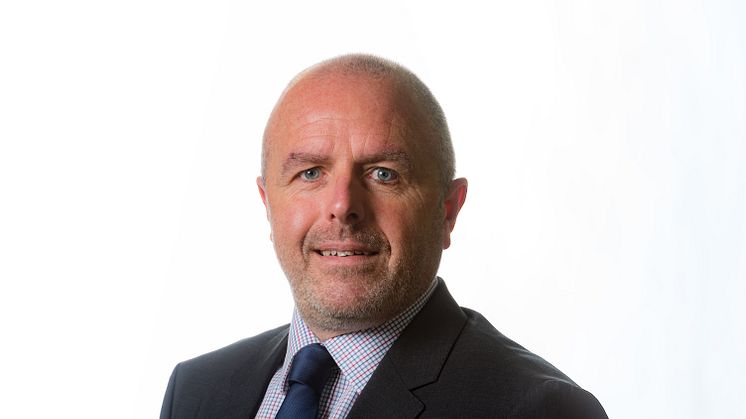
Press release -
Non-corporate entities now able to join VAT groups if they meet qualifying conditions
VAT group registration control requirements have been expanded to allow non-corporate entities to be included in VAT group registrations if they meet qualifying conditions.
Previously, only corporate bodies which have a business establishment in the UK had been permitted to join a VAT group. However, as from 1st November 2019 non-corporate entities including partnerships, sole traders and trusts can now join.
There are two main conditions that non-corporate bodies must meet in order to join a group. The business must be entitled to register for VAT as a stand-alone business so it must have income that is liable to VAT at the standard, reduced or zero-rate. Corporate bodies on the other hand may include dormant companies in a group. The second condition is that the non-corporate body must control all of the corporate bodies in the group. Typically, this means owning 51% or more of the share capital in the other companies, which is similar to the parent/subsidiary company relationship for corporate bodies.
Gavin West, Head of VAT and indirect taxes at Smith Cooper, the Midlands leading firm of Accountants and Business Advisors, considers the advantages and disadvantages of VAT grouping: “Generally, the benefits of VAT grouping involve cash flow and administration. By being part of a VAT group the supplies of goods or services between group members are not subject to VAT and a single VAT return is completed each period for the entire group, as opposed to the unincorporated business submitting its own returns if it had its own VAT number, making for much simpler VAT accounting.”
“Businesses could also be entitled to significant VAT savings if there are intra VAT group supplies involving partly exempt entities.”
“But as with everything, there are disadvantages. All group members are jointly and severally liable for any VAT debts of the group – meaning that if one group company enters insolvency, the remaining group members are liable for it’s VAT, which poses unwanted risk for some.”
“Furthermore, if the group is to include an exempt company, the group as a whole will become partially exempt, potentially restricting the recovery of input tax, which in turn would cause the VAT cost to increase.”
VAT is one of the most onerous tax regimes, and it is vital that you seek expert advice to implement a VAT strategy that not only assures compliance, but helps your business operate in a tax efficient way.
Topics
Categories
Regions
Smith Cooper is one of the largest independently owned and preferred accountancy and business advisory firms for owner managed businesses across the Midlands. The firm specialises in providing intelligent, efficient and cost-effective bespoke advisory services to both corporate and individual clients. Smith Cooper has six offices across the Midlands including Derby, Birmingham and Nottingham.

